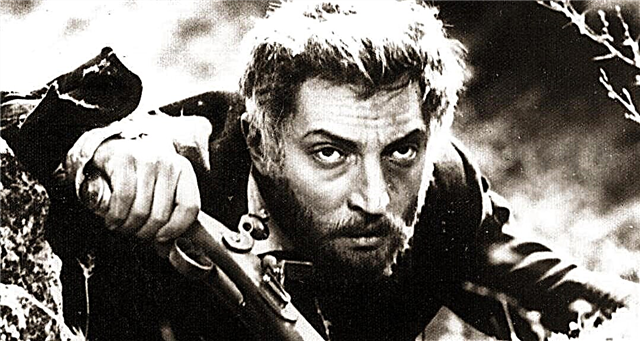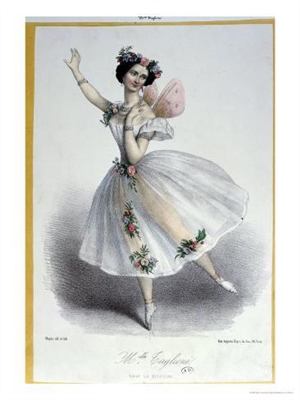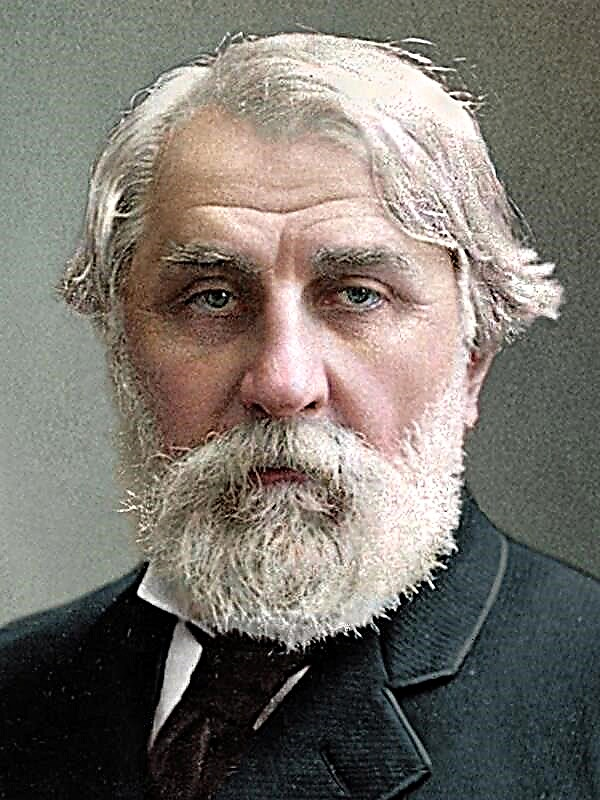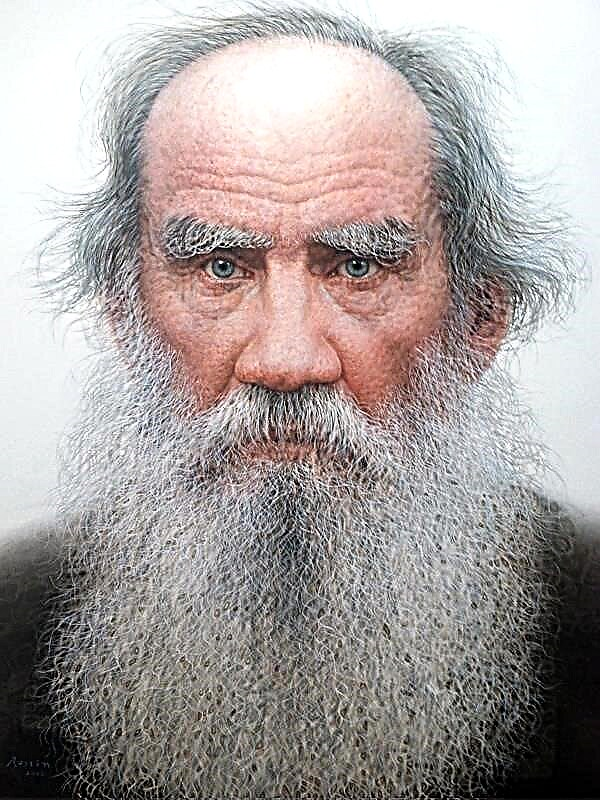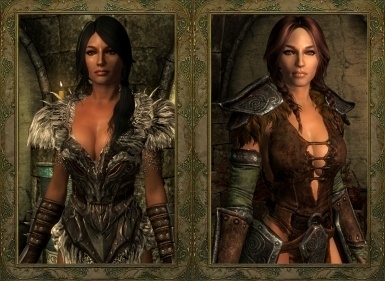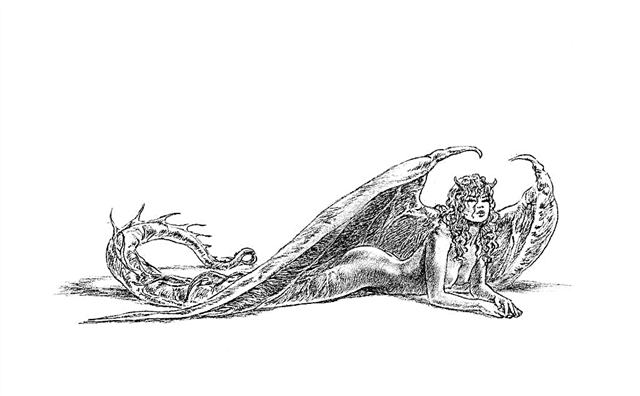The road from Colombo goes along the ocean. Primitive pies sway on the water surface, on black silk sands, in paradise nudity, black-haired teenagers wallow. It would seem, why do these forest people of Ceylon have cities, cents, rupees? Doesn’t everyone give them the forest, the ocean, the sun? However, growing up, they trade, work on plantations, catch pearls, carry Europeans.
On the left hand of the rickshaw, the British, the owners of the island, put on a plate with a number. The happy seventh number goes to the old rickshaw living in one of the forest huts near Colombo.
“Why,” the Exalted would ask, “is this for the old man?” “Then,” they would answer him, “that he wanted to increase his earthly sorrows, that we are driven by earthly love and thirst for life”
The old man has a wife, son and many young children who need to be fed. The old man himself is gray-haired, very thin, shriveled, nondescript, looking like a small monkey. The old man wants happiness for his son and works hard. He does not know English and often runs at random, until a large, dressed in white European upsets him with a stick on the back. But the old man also gets a lot of extra cents, wincing pityingly and throwing out his thin hands folded by the bucket.
Arriving once home at an inopportune time, in the heat of noon, an old, rickshaw, exhausted by overwork, dies in his hut.
So the voice of the Exalted did not reach him, calling for the renunciation of earthly love, and a new mournful life awaited him behind the grave, a trace of the former wrong.
The old man’s wife mourns him all night, and their son stands nearby. In the evening he saw his bride, a chubby 13-year-old girl from a neighboring village, and the excitement of love overpowers the fear of death in his soul.
The old man’s son, handsome and light-footed, puts his father’s copper plate on his hand and sets off for the city. At first he only runs after the experienced rickshaws, remembering the English street names; then he begins to earn money, preparing to support his family.
Once, having run home, he hears terrible news: his bride went into the city and disappeared. The bride's father, a full and well-fed old man, had been looking for her for three days and must have found out something, because he had returned soothing. Sly, like all merchants, he sighs, expressing a feigned humility to fate. The truth cannot be obtained from him, and women are weak, and the young rickshaw understands this.
After sitting at home for two days, not touching food, only chewing betel nut, he finally wakes up and runs to Colombo. As if forgetting about the bride, he runs around, eagerly saving up money, and it is not clear what he is more in love with: his running around or those coins that he receives for her. Safely and seemingly even happily working since six months.
One morning, an Englishman sits in his stroller, dressed in a white suit, tall and strong, with golden glasses, a short black mustache and an olive complexion. It is the end of March, the hottest time, but the rickshaw is running fast, and there is not even a drop of sweat on his back.Despite the blows with a cane, the young man stops, buys betel and runs on. The commandments “do not kill, do not steal, do not commit adultery, do not lie, and do not get drunk with anything” vaguely sound in the heart of a rickshaw. Putting the betel nut in his mouth, the rickshaw runs into the city - Fort, as the English call him.
Near the old Dutch building they stop. The Englishman leaves to drink tea and smoke a cigar, and a rickshaw sits by the tree to wait for him. What is this young man thinking about, having already tasted the most powerful poison - love for a woman?
Mara hurts, but Mara heals wounds; Mara tears something from the hands of a man, but Mara and kindles a man again to grab the taken away ...
A rickshaw escorts the Englishman to the shipping office, and then runs back to the hotel. So it works, drugged with betel nuts, cheap cigarettes and whiskey.
For the rest of the day, a rickshaw carries a drunken Englishman who does not know how to kill time before evening. At night, the young man drives an Englishman to a large brightly lit two-story house. Having dropped off the passenger, he rushes around the house to get into the courtyard, to other rickshaws, and suddenly sees his bride in the window of the second floor, elegant and hung with gold.
The young man stares for a long time at the window standing in the frame, until she leaves. Then he grabs the shafts and starts to run, this time firmly knowing where and why.
Wake up! - shouted in him thousands of soundless voices of his ancestors. - Shake off the seduction of Mary, the dream of this short life! ... All afflictions from love - kill her! ”
A rickshaw runs into the hut of an old serpent-tamer and leaves from there with a large box of cigars in which something rustles and knocks on the lid with tight rings. He runs to an empty parade ground and sits not on the ground, but on a bench, boldly, like a white man.Then he releases from the box a snake bought for a pound - a small, deadly, fabulously beautiful and unusually evil after being imprisoned in a wooden box. A snake bites a young man, and a burning pain pierces his body, forcing him to bend with a wheel. He loses consciousness, then again comes to his senses briefly, parting with life, memory, eyesight, pain, joy, hatred and love ...
Ten days later, the Englishman - rikshi rider number seven - gets on a large Russian ship. After long requests, the captain puts him in a free cabin. At lunch, an uninvited passenger talks with Russian officers, talks about his stay in India, Java and Ceylon, and discusses the colonial tasks of Europe. The Englishman believes that Europeans "with all their businesslikeness and greed, like ice are cold both to life and to death." Hiding behind colonial tasks, they eagerly rob their brothers, "colored people", turning them into dirty cattle.
And when this divide comes to an end, when some new Rome, English or German reigns in the world, then the Apocalypse will repeat ...
The Englishman tells a Buddhist legend about a raven and an elephant, in which an elephant throws itself into the ocean waves. A raven, languished by hunger, flies after him. The elephant is drowning, and the raven eagerly pecks his carcass. Satisfied, the raven sees that it has been carried far into the sea, and screams in an eerie voice, the one that Death is so sensitively waiting for ...



